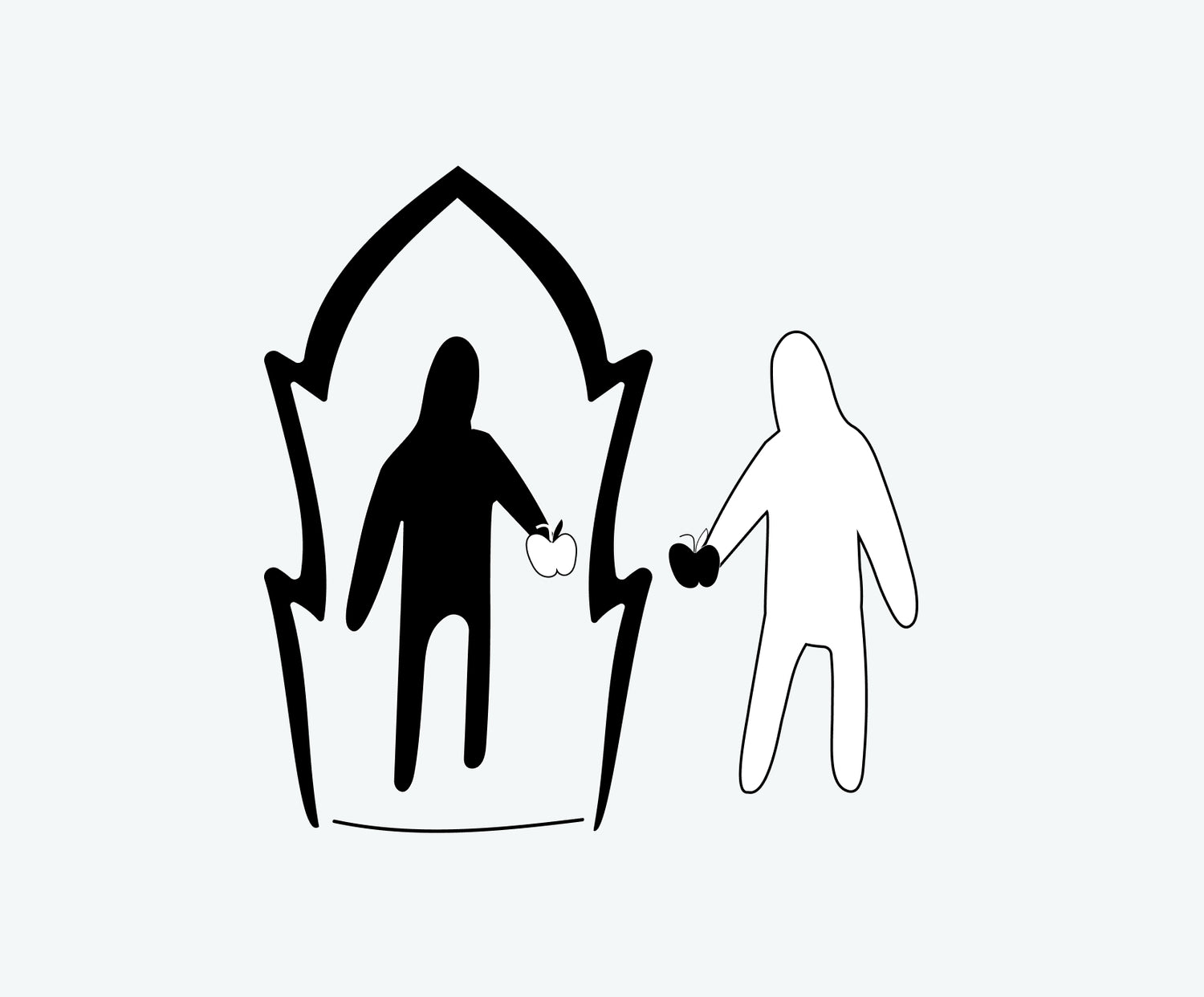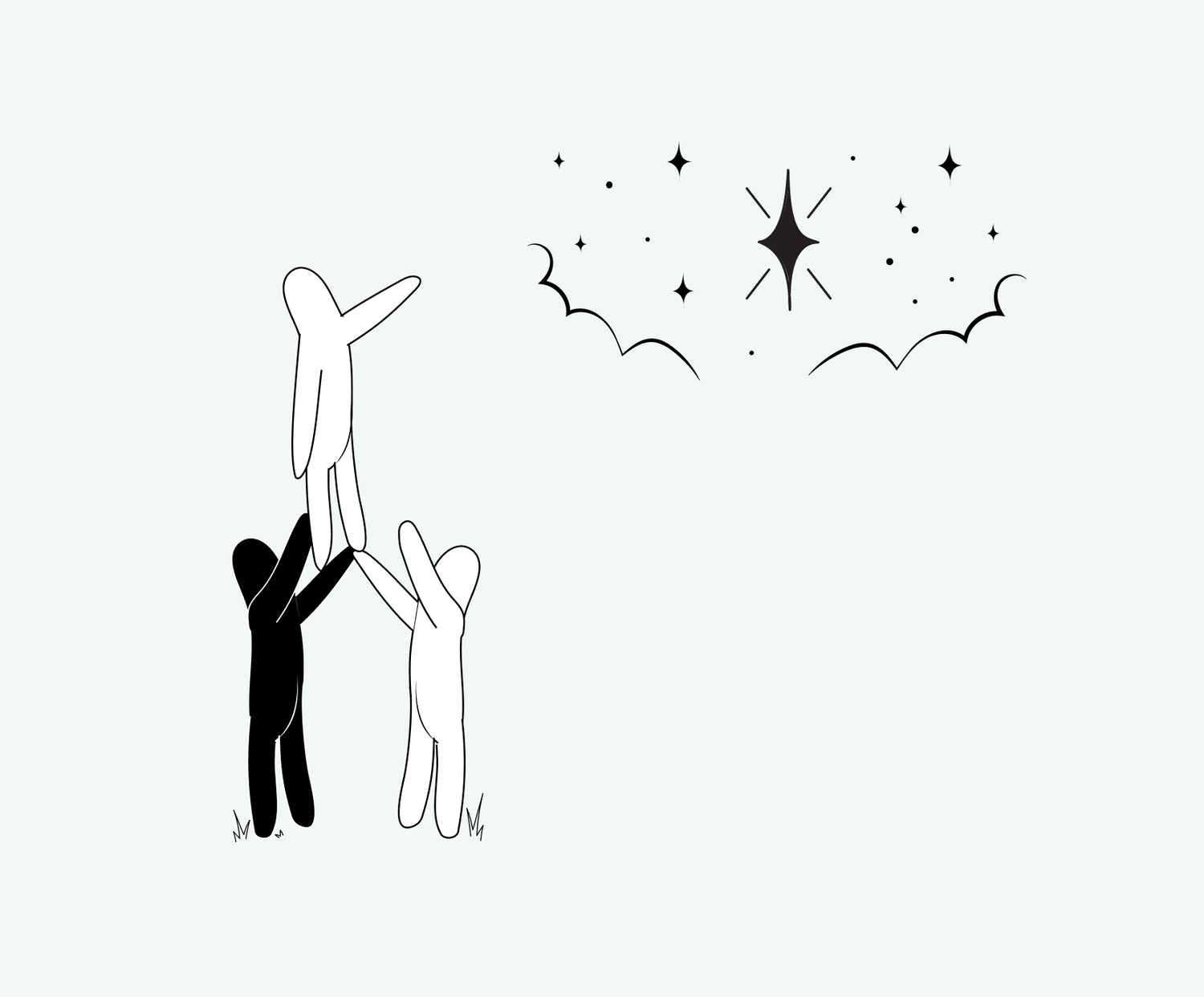Our mission to support young people doesn't end with cool looking design.
Instead, it begins with this appeal to their interest and intellect. We want to support people toward their actualising tendency, what Rogers (1959) defined as the tendency to develop towards maintenance and growth.

Modelling the change we hope to see.
Social learning theory posits we are more likely to imitate behaviour we see modelled by others (Bandura, 1977).
Our plan involves being an ethical company from the ground up - considering both micro and macro level factors to enact change for the good of youth. Behaviour like ours might therefore inspire other enterprises to do the same!

We support small organisations doing important work.
Each purchase includes a donation to a charitable enterprise that supports young people, starting with the one listed below. We make this clear because we want these good vibes to be something you get to share in, as research shows individuals who engage in acts of kindness experience greater happiness, life satisfaction, and lower stress levels (Aknin et al., 2013; Post, 2005).
CURRENTLY DONATING TO
The Lighthouse Foundation for Youth
This organisation works to support young people who have experienced trauma and homelessness in our homeland, Australia. They have a strong focus on mental health, are non-denominational, independent, and accredited to provide homelessness services by the Quality Improvement Council Ltd.
Feeels Co. has no affiliation with this group other than an affinity for their cause. Our organisations rotate every six months, so feel free to drop us a suggestion for any you feel might be suitable in the second half of 2024!
References
Aknin, L. B., Barrington-Leigh, C. P., Dunn, E. W., Helliwell, J. F., Burns, J., Biswas-Diener, R., ... & Norton, M. I. (2013). Prosocial spending and well-being: cross-cultural evidence for a psychological universal. Journal of personality and social psychology, 104(4), 635.
Bandura, A. (1977). Social learning theory.
Post, S.G. (2005). Altruism, happiness, and health: It’s good to be good. International Journal of Behavioral Medicine, 12, 66-77.
Rogers, C. R. (1959). A theory of therapy, personality and interpersonal relationships as developed in the client-centered framework. In S. Koch (Ed.),Psychology: A Study of Science(Vol. 3, pp. 184-256). New York: McGraw-Hill.